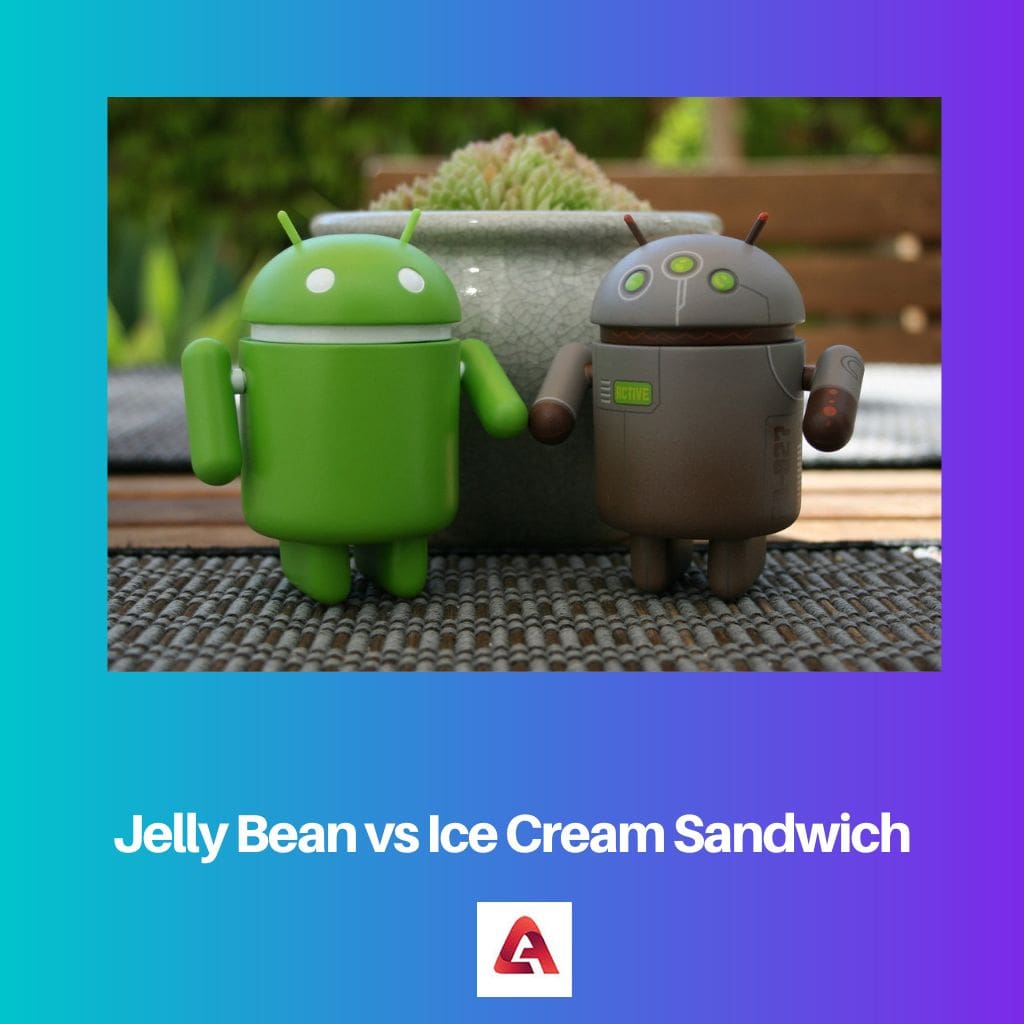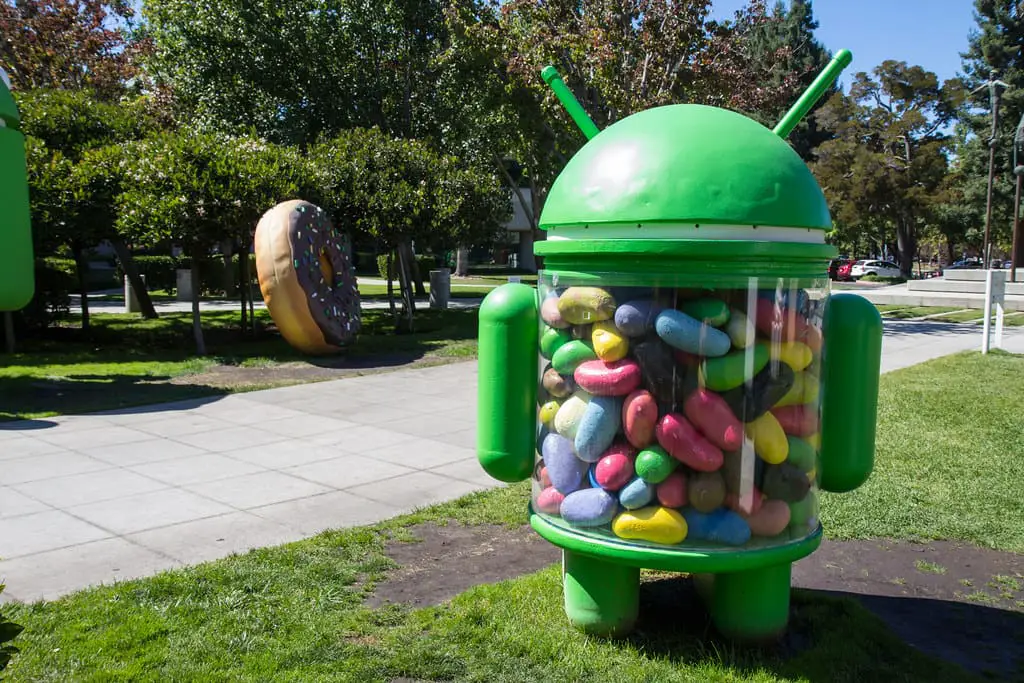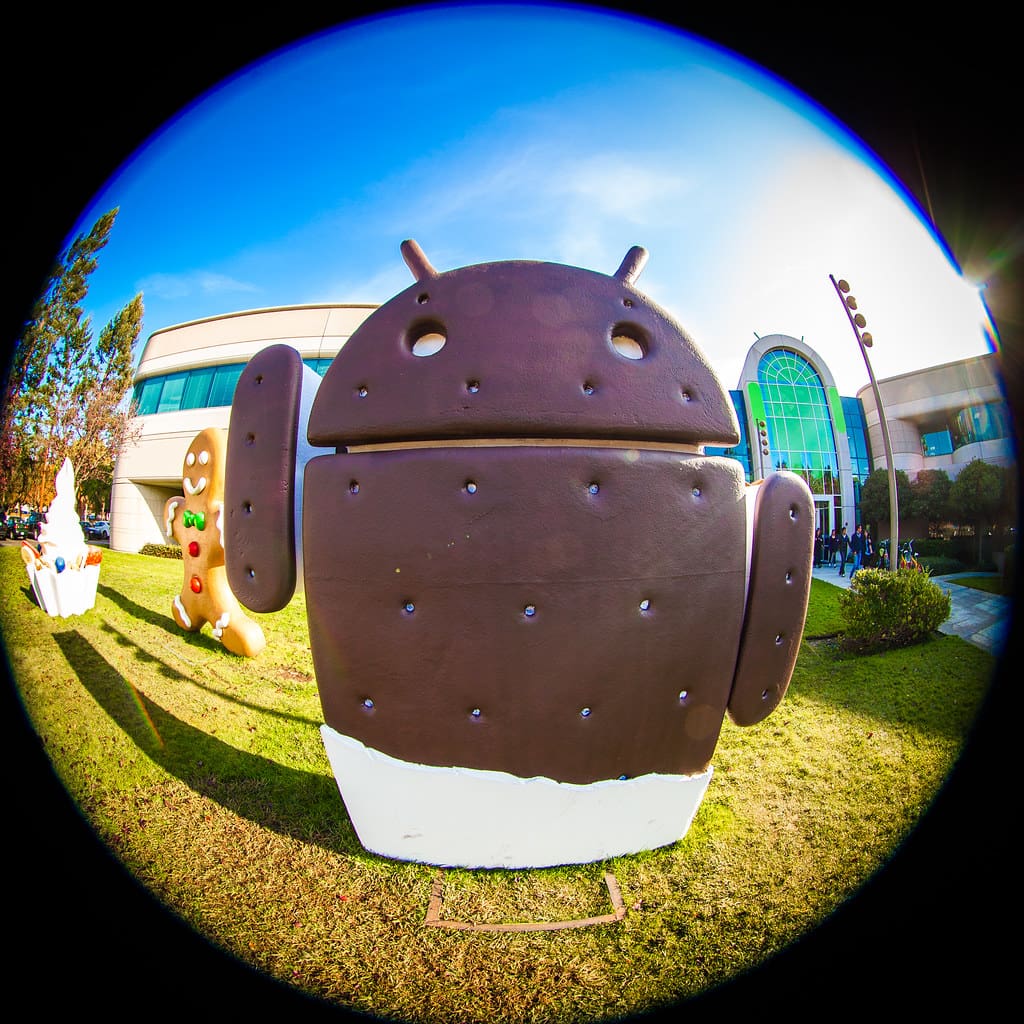Android is undoubtedly the biggest operating system in smartphones. While other operating systems exist, including IOS, Google’s android truly stands out.
Key Takeaways
- Jelly Bean (Android 4.1-4.3) and Ice Cream Sandwich (Android 4.0) are two Android operating system versions.
- Jelly Bean introduced Project Butter for improved performance and smoother user experience.
- Ice Cream Sandwich unified the Android platform for smartphones and tablets, while Jelly Bean further refined the user experience.
Jelly Bean vs Ice Cream Sandwich
Jelly Bean is the 10th android version from Google that was released in 2012 in three main version points, which are 4.1, 4.2, and 4.3. Ice Cream Sandwich is the 9th android version from Google which was released in 2011 in version points 4.0 and 4.0.3. Only a small number of Android devices use Ice Cream Sandwich.

Jelly Bean was released in 2012, and it was Google’s 10th android version. It was released in three major version points, including 4.1, 4.2, and 4.3. Since it is not the latest version, only a few devices operate on it, including Google’s native smartphones, such as Nexus 7 and LG Nexus 4.
It was released in two major version points, including 4.0 and 4.0.3. Almost all devices running on Ice Cream Sandwich received the software update to install Jelly Bean, and hence, no devices run on Ice Cream Sandwich today.
Comparison Table
| Parameters of Comparison | Jelly Bean | Ice Cream Sandwich |
|---|---|---|
| Release Date | The first version, 4.1, was released on July 9, 2012. | The first version, 4.0, was released on October 18, 2011 |
| Android Versions | Jelly Bean 4.1, 4.2, and 4.3. | Ice Cream Sandwich 4.0 and 4.0.3. |
| Bluetooth Accessories | Bluetooth Smart Ready for wireless accessories. | Not ready for wireless accessories. |
| Language | Multi-Language Support, including Hindi, Urdu, etc. | No multi-language functionality. |
| Android Devices | 0.46% of Android devices operate on Jelly Bean. | 0.2% of Android devices operate on Ice Cream Sandwich. |
What is Jelly Bean?
This android operating system brought new features and improvements to enhance the user experience over its predecessor, Ice Cream Sandwich. Even though it is not the latest android version, a few devices still operate on it.
One new feature that stood out from its predecessor was that the devices were now Bluetooth Smart Ready. Devices operating on Jelly Bean were now able to connect to low-energy smart accessories like heart rate monitors, thermometers, pedometers, etc.
With Jelly Bean, Google also introduced support for multi-language functionality in the stock operating system only. Google did not focus too much on overall UI changes but only on a better user experience with the device.
Even though Jelly Bean is not a new android version, it still has support for Google Play Services and is compatible with most applications. However, Google has announced that it will soon end its services to these devices.

What is Ice Cream Sandwich?
This new operating system redefined the visual concepts of its predecessor Android Honeycomb, and reunited tablets and smartphones with the same UI operation and features.
Users widely appreciated this feature, and since then, brands have begun producing smartphones with no front physical keys. Brands could now fit a bigger display in a smaller form factor as physical keys now didn’t take up any space.
On top of that, new security features were introduced, including face unlock and lock-screen pattern unlock. Another widely appreciated feature was introduced, users were now able to respond to incoming calls with text.
This operating system was the introduction of the most valuable features that we use even today. Ice Cream Sandwich is now outdated, and Google discontinued its services in 2018.

Main Differences Between Jelly Bean and Ice Cream Sandwich
- All widgets are resizable in Jelly Bean, while in Ice Cream Sandwich, the widgets could only be used in default formation.
- Jelly Bean also offers HDMI mirroring support, a feature that is lacking in Ice Cream Sandwich.



